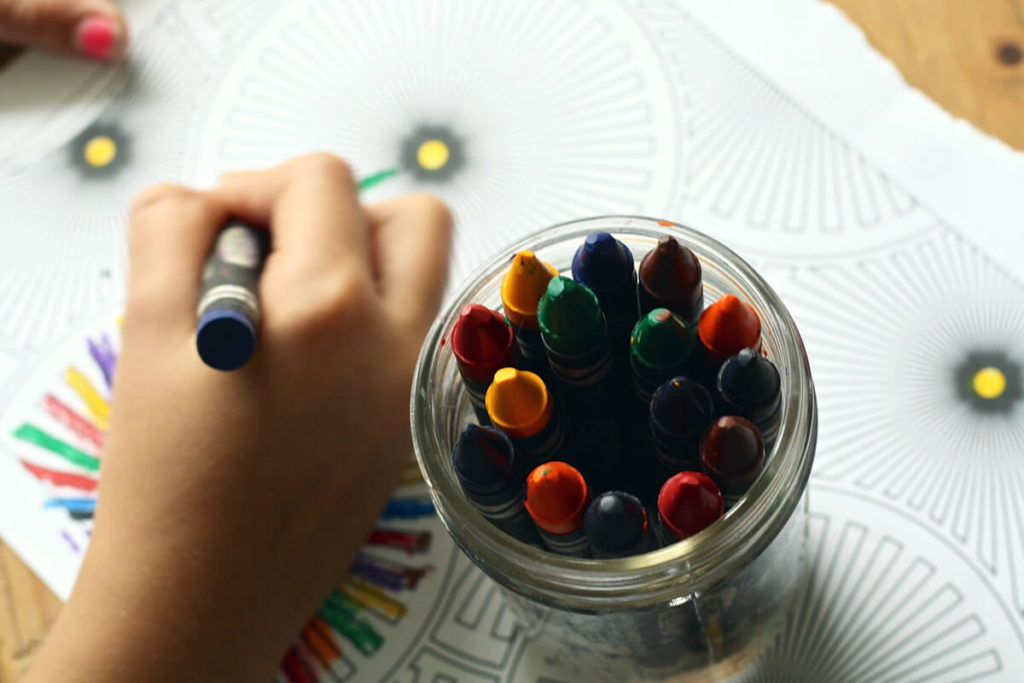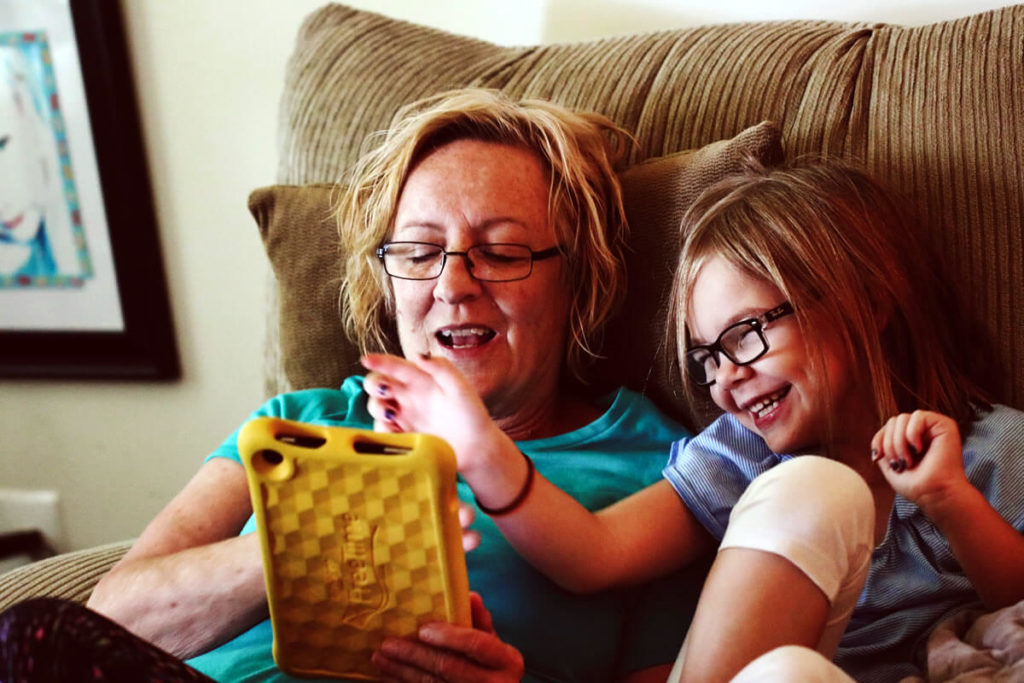Play Therapy
What is Play Therapy?
Children feel big emotions just like adults do. However, children don’t have the words or the cognitive ability to verbally process emotions the way adults do. Often times when children are dysregulated, overwhelmed, or have a need not getting met they use their behaviors to try and express themselves. Parents see this too, often searching for support when the behaviors or self-expressions become worrisome, defiant, and/or aggressive.
Play therapy is counseling for children the same way talk therapy is counseling for adults. Play is a child’s natural way of expressing themselves. Toys can act as children’s words, helping them process and create meaning through their play. The playroom gives children their own space to create chaos, practice nurturing, build relationships, learn limits, and receive unconditional acceptance.

It can help with the development of a child’s:
- Positive self-esteem
- Autonomy
- Resiliency
- Social skills
- Self-control
- Emotional regulation and expression
- Empathy for others
- Ability to follow limits

It can support children struggling with:
- Learning disabilities
- ASD
- Defiance and aggression
- Psychosomatic issues (upset stomach, headaches, fatigue)
- Social skills
- ADHD / ADD
- Anxiety
- Grief
- Divorce
Helps Children Learn How to Express
Play therapy helps children learn how to express themselves and ask for help in appropriate and productive ways. It helps children learn limits while gaining perspective, compassion, and empathy for others. Every child comes in the room with different struggles and feelings, and the freedom of play therapy gives them the space to process what is weighing on them. During parent consults, the counselor can share helpful skills and ways to improve the parent-child relationship at home. This helps support the child outside of the playroom and strengthen their connection to their caregivers. For more information or to schedule an appointment contact us here.

